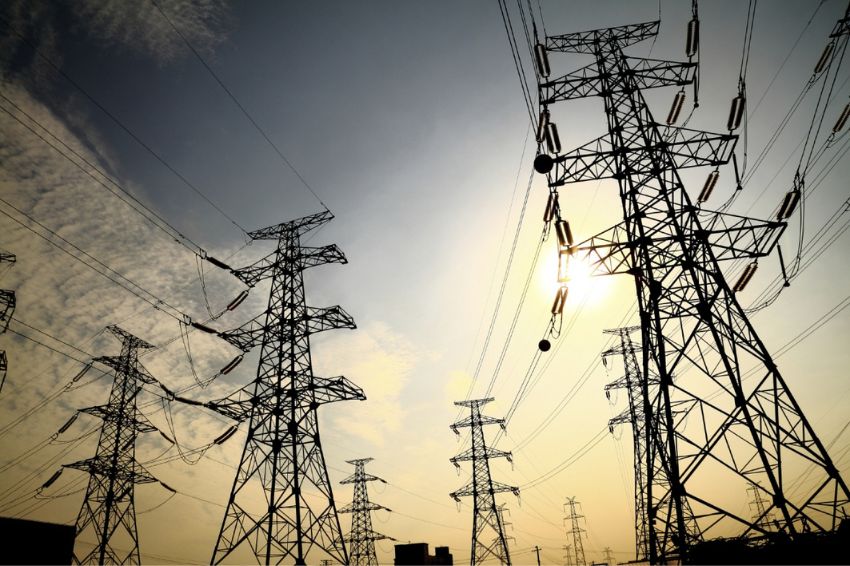A MP 1,118/2022 (Provisional Measure nº 1,118/2022) came to change the Complementary Law 192/2022, which deals with PIS/Pasep on fuels as its main objective.
Last-minute changes to the electrical sector were added to it through Art 3 Item b) and c) and through §1º-K where it changes the Law 9,427/1996. Next, the changes that impact the electricity sector.
Art. 3 Item b) Establishes that the tariff signal must be handled by the CNPE
The intensification of the locational signal in the TUST (Transmission System Usage Tariff) has been discussed between agents and the ANEEL (National Electric Energy Agency) since Public Consultation 4/2018 and recently the Public Consultation 39/2021.
To meet the various requirements technically explained by the agents, ANEEL ended up opting for an average between the current alternative and the one originally proposed.
Despite not being completely adequate, it ended up being a consensus methodology to meet the guidelines of the Ministry of Mines and Energy It is Ministry of Economy in order to minimize cross subsidies.
It is important that the transmission cost for transporting energy to load centers is explained in the TUST as the distance must be considered in the allocation and implementation of generating plants in the electrical system.
This happens for any economic good that needs to be transported, that is, “freight” is an important variable in negotiation. With the implementation of the electricity market, this “freight” must be properly calculated in the best possible way.
Currently, TUST is practically the same for all generating agents regardless of their location, distorting competitiveness between sources.
It is important to mention that ANEEL has the competence to technically define tariffs using these basic precepts and the CNPE (National Energy Policy Council) You can adopt policies that provide discounts or other types of mechanisms.
I understand that ANEEL neutrally regulates the activity of agents and the CNPE outlines energy policies. In summary, It is not the CNPE's responsibility to establish tariffs.
Art. 3 Item c) Establishes the perpetuation of the network usage fee throughout the concession
It is widely said that TUST cannot change during the term of a project's concession contract as it is not mobile. Today, only projects that receive grants via ANEEL/MME auction enjoy this prerogative.
This new command given by MP 1118/2022 places this condition on all enterprises, regardless of whether they are in a free or regulated environment.
It is important to mention that the transmission system has a dynamic structure and changes due to network expansion. Every user of the electrical network, regardless of its entry into operation, enjoys the network under equal conditions.
When the tariff is fixed over 30 years reflecting a cyclical condition, it does not seem to be coherent from the point of view of a market economy. It would be like imagining an apartment “condominium” where the initial buyer of a unit pays a fixed condominium fee throughout the useful life of their apartment.
In reality, all “condominium owners” use and benefit from new works, additional services made available, etc. Unfortunately, today the holder of the generation does not have, after the installation of the plant, any regulatory mechanism to be able to actively participate in the expansion and operation of the electricity network, which ends up impacting its tariffs.
In other countries, agents participate in the evolution of the electrical grid. How the PL 414/2019 is the instrument that will bring modernity to the sector, it is interesting that changes to transmission regulation are made at the time of discussion of this PL to avoid possible distortions throughout the Brazilian electricity sector chain.
§ 1-K
The 50% discount from TUSTg and TUSDg has been given since Resolution 77/2004 of ANEEL, which regulated Law 9,427/1996 to encourage renewable energy projects.
This discount was supposed to last a maximum of ten years, as at that time renewables were still emerging. Only in 2021 through Law 14,120/2021, the result of MP 998/2020 this benefit has been excluded.
However, it remained in force until March 2, 2022 and many projects have been requested for grant, DRO, to enjoy this benefit from Decree 10,893/2021.
As ANEEL is unable to deal with the volume of requests and the deadline for carrying out projects is not sufficient, the MP extends projects to 48 months without a guarantee of faithful compliance and 72 months with a guarantee.
















